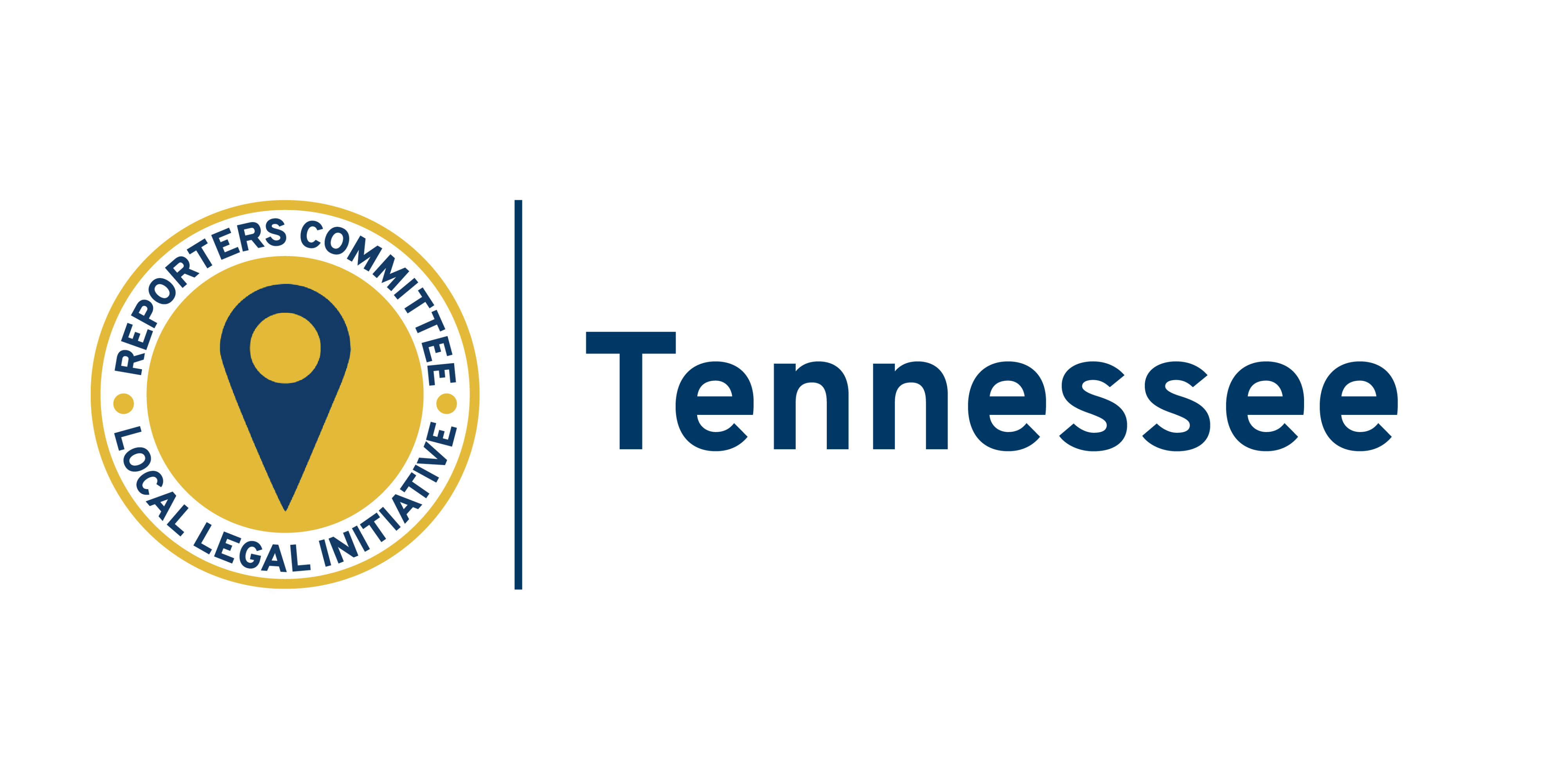On the Docket: Open meetings lawsuit sparks new transparency requirement

This column was originally published in the June 2022 issue of The Tennessee Press, the official publication of the Tennessee Press Association.
In April, state lawmakers passed a bill strengthening campaign finance and ethics rules. It makes clear that the Tennessee Registry of Election Finance is required to hold public meetings — with advance public notice — when it settles assessed campaign finance penalties exceeding $25,000. This amendment appears to be an outgrowth of a 2020 open meetings lawsuit in which I represented a group of Tennessee news media and open government organizations, including the Tennessee Press Association.
These days, journalists and news organizations rarely litigate Open Meetings Act cases. But in this lawsuit, the first one filed as part of the Reporters Committee’s Local Legal Initiative, we challenged a secret, middle-of-the-night email vote by Registry members. It was a vote held on the eve of an important election deadline to accept a state lawmaker’s settlement offer to pay nearly $45,000 less than the $65,000-plus in civil penalties he owed. The public was never informed about the vote beforehand nor given detailed information about the Registry members’ votes after they were cast.

The Tennessee attorney general argued that the email vote was not a meeting under the law, positing that only the attorney general, not the Registry, had the authority to decide to settle with the state lawmaker. Fortunately, a Tennessee judge ruled that the Registry’s email vote did, in fact, break the law, writing that the Registry “violated the spirit and requirements of the [Open Meetings Act].”
The ruling showed that such lawsuits can help change the way our government does business. That’s especially true now that we know lawmakers are willing to act when successful litigation reveals flaws that need to be addressed, as evidenced by the Tennessee General Assembly’s actions in April.
Bringing cases that spur these kinds of changes and have a lasting impact is one of the central goals of the Local Legal Initiative. Because of this new legislation, members of the press and public will now know five days in advance when the Registry is about to settle fines against a candidate for public office.
And we know that with greater transparency comes increased accountability. It’s a fact we’ve seen bear out in the journalism that’s followed the Local Legal Initiative’s efforts: When journalists and news organizations have legal support, they can lift the veil of secrecy on law enforcement misconduct, inform voters about the business record of a candidate for governor, and force cities to improve the way they communicate with members of the press and public.
If we’re going to hold public officials and the agencies they lead accountable, we shouldn’t shy away from pursuing legal action targeting violations of the Open Meetings Act and other laws intended to keep the public informed about what their government is up to. The Reporters Committee’s Local Legal Initiative helps ensure you have an attorney in your corner to help you wage these battles for transparency at no cost to you or your newsroom. Those efforts not only shine a spotlight on the actions of public officials and prompt important changes to government policies — they can help shape laws that benefit both the press and the public well into the future, too.
Paul McAdoo is the Tennessee Local Legal Initiative attorney for the Reporters Committee for Freedom of the Press. He is based in Nashville.